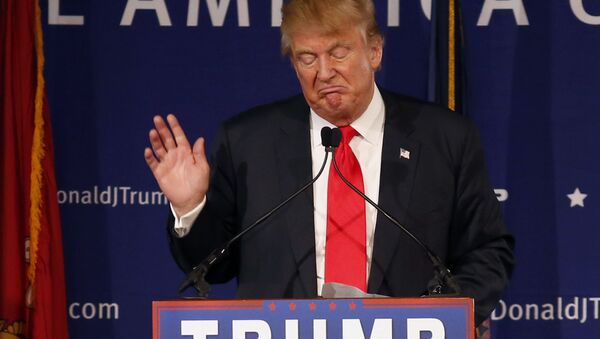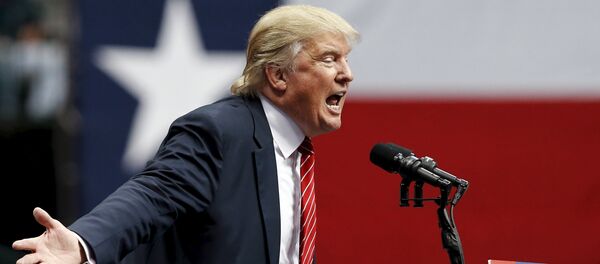Donald Trump gave an interview on CNN on Thursday clarifying his position towards illegal immigration. Some started to speculate that Trump's position towards immigrants had become somewhat softer sparking outrage among anti-immigrant hardliners and core supporters.
"There is no path to legalization unless they leave the country and then come back," he said in an attempt to reassure his voters, adding that "When they come back in, then they can start paying taxes."
But he could not provide clear answers to whether people who have stayed in the country for a considerable period of time having established a family and work history in the country should also be deported.
"We're going to see what happens once we strengthen up our border… But there is a very good chance the answer could be yes [to deporting all illegal immigrants]. We're going to see what happens," he said, which might mean that Trump's administration will approach the issue with more care than could have been expected before.
According to Sen. Jeff Sessions (R-Ala.), who has been advising the candidate for months, "the first and foremost priority is to fix the unlawful immigration. That's got to stop and only once that's done, then you can begin to talk about what we should do in a proper way for people who've been here a long time."
"I think that's what [Trump] was suggesting," Sessions told reporters earlier this week.
For the over 11 million undocumented immigrants in the United States, Donald Trump may turn out to be their worst nightmare using a "deportation force" to round them up or, as Conservative radio host Rush Limbaugh tried to say past a fit of laughter he may be the one who finally brings the Republican base on board for comprehensive immigration reform that provides greater protections and workplace rights than the community has at present. The problem is even Trump doesn't know where he is on the issue.




